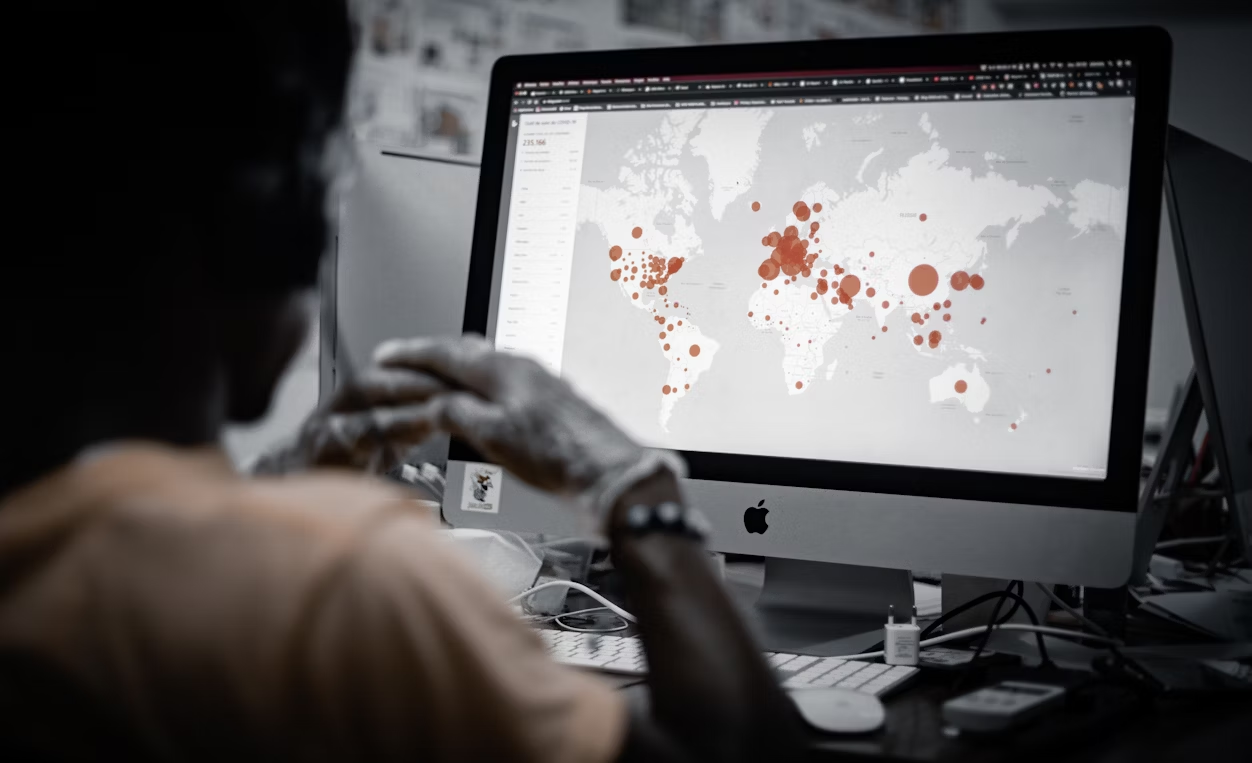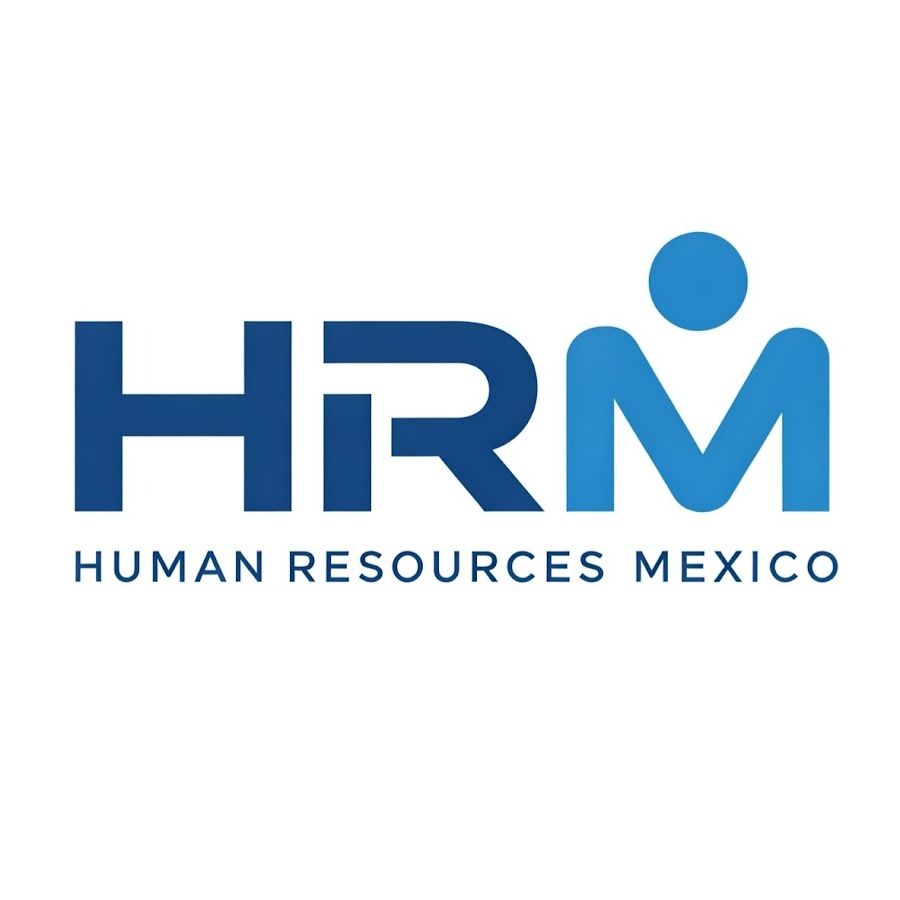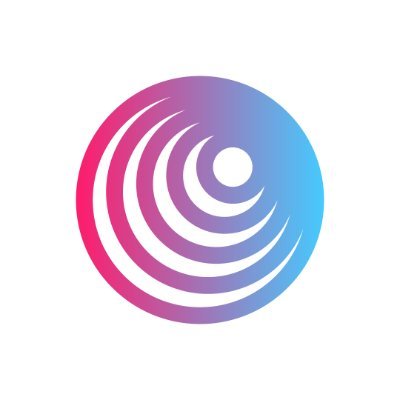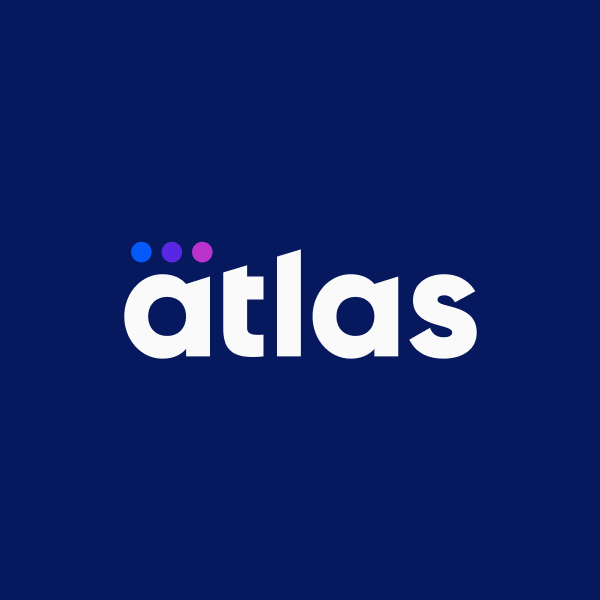Looking for your next job in HR, TA, or PeopleOps? You’re probably more comfortable on a hiring team than you are as a hopeful candidate. Being well-prepared for your job interview will certainly boost your chances of securing your dream PeopleOps job.
In this article, we'll go through some interview tips and tricks to make sure that you are well-prepared and well-versed for your next interview.
Equipped with these tips, here are a few people operations jobs that you could apply to!

13 Tips for Impressing any Hiring Team in a Job Interview
So, you've nailed the HR cover letter. Here’s some advice for performing your best in an interview. We believe these job interview tips will hold true across most companies and impress most hiring managers.
1. Show You Care About This Job
Connect with the hiring manager via your LinkedIn profile when you apply, or find their email online and shoot them a note on what interests you about the job. Point out the primary reason why you are a great fit.
Three to five thoughtful sentences are sufficient, no need to write a book. By reaching out in advance, you’ll be in the top 5% of job applicants right off the bat.
2. Make the Interviewer Think
You’ll make a great first impression if you can show you’ll bring new knowledge to the company.
Try to share something that you’ve learned through experience at your past or current job that the interviewer probably doesn’t know. If you explain your insight in a logical way, you’ll most likely win them over.
Think about what you have an insider’s take on and try to weave it into the conversation.
3. Compliments are Always Well Received
This is a pro tip we kind of wish wasn’t true, but flattery will get you everywhere in life.
Interviews are no different. Show you’ve done your research on the company’s website and media coverage. Point out things you like about the company’s innovations, latest achievements, or general brand. Tell the interviewer they’ve got an interesting background and why. Ask for advice. Tell them you read their blog and found XYZ interesting.
Not only will the attention be appreciated, your knowledge of the company and its latest workings will convey genuine interest in working there.
4. Be Yourself
Interviews are like doctor appointments to some extent. Be honest and open so that both sides can assess fit. If you’re conveying a personality that’s not really you, the hiring manager can’t accurately assess whether you are a good fit with the company culture.
Truth be told, if you’re an ideal candidate on paper, but a poor culture fit for the role, it’s best to find out sooner rather than later. Don’t take a job that’s a bad fit. It’s the surest way to end up in a position you’ll hate.
5. Be Memorable by Adding Value
The most important thing is to bring one of two ideas that are relevant to the business that they aren't doing yet. What would you do, why do you think it’s a good idea, how do you lean test this, and what would success and failure look like?

6. Don’t Let Hardware Ruin A Remote Interview
For a Video Interview, use Your Computer. Logging on to a video interview with your phone or any handheld device makes you look shaky, unorganized, and just generally less professional.
The best impression you can make is if you use a laptop or desktop with a webcam, on a stable desk. Make sure the environment behind you serves as a neat and neutral background, and that you are in a quiet space with decent lighting and a reliable internet connection.
If you’re expecting a phone interview, take the call in a place that is quiet, has no echo, and with reliable reception. If you’re taking the call on a mobile phone, make sure your ringer is on and your phone is charged.
7. Look Serious About the Job
You may know the company has an informal culture or casual dress code, but you don’t work there yet. Your interview is still a serious meeting for which you should dress in business casual or formal clothing.
- Don’t arrive with stubble on your face.
- Don’t wear a t-shirt or hoodie.
- Don’t make jokes that could be considered inappropriate.
- Be friendly in your words and body language, but not overly familiar.
- Make eye contact.
These things are true whether you’re logging into a video interview or meeting in person. Even if it’s a video interview where only your head and shoulders will be visible, just go ahead and wear some pants.
8. Write a Thank-You Note
Send an email to the hiring manager within 24 hours after your interview. This should be two to five sentences on stuff that stood out to you, and why you’d want to move forward with this opportunity.
In a startup you have to hustle the extra bit to succeed – talking about specific points that came up in the interview will do just that. By comparison, most people write “Thanks for the time!” and usually get the response “You too, we’re moving forward with another candidate, sorry.”
9. You Don’t Have to Ask Questions at the End
The interviewer will ask if you have any questions, that’s their job. You don’t have to ask anything if you don’t have any that you care about.
Especially questions about PTO or benefits and perks can seem presumptuous to the hiring manager at the interview stage. You should absolutely ask about that stuff, but only after they’ve realized that they want to hire you. Once you have a job offer, you’re interviewing them.
10. Ask For Feedback If You Want It
Interviewers usually tell you what’s on their minds— good and bad. It’s best not to ask if you don’t actually want to hear anything bad. Bear in mind that bad feedback doesn’t mean you’re out of the process, they're just offering it so you can get better.
If you’re concerned about getting negative feedback in person, you can also ask for it in a follow-up email.
11. Always Keep It About Work
Hiring managers like to ask open-ended interview questions to learn more about you. Common ones are “Tell me about yourself”, and “Tell me about your strong/weak points”.
Don’t misconstrue these as opportunities to talk about your hobbies or personal life. They are still job interview questions. If you’re asked to talk about yourself, give a two- or three-minute summary of your qualifications, work experience, and more notable achievements. If you’re asked to highlight strengths and weaknesses, answer within the context of the working environment and highlight any unique skills applicable to the position.
Naturally, if the interviewers specifically ask about your family or other personal details, you can answer them.
12. Being on Time Is One Minute Away from Being Late
One minute late is almost always a deal-breaker. It’s silly to have such a small thing jeopardize your interview success, so don't take any risks. Get to the interview location early and make sure you know the hiring manager’s name when you ask to see them.
13. Show That You’ve Done Your Research
During the interview, mention things you’ve read about the company, interviewer, the industry, etc. Definitely do not ask the interviewer what the job entails, what the company does, or any other information you could have derived from the job ad and their website. If you don’t know these things, you’re not prepared.

5 Preparation Tips for Nailing a Job Interview
There’s a lot you can do to increase your chances before the day of the interview arrives. If you come prepared, you’ve already given yourself the best possible shot of getting hired.
1. Do Your Research
Read up about the company. You’ll get a lot of great insight from their website (especially the About Us page), their LinkedIn profile, and their social media. Look for recent news about them. Maybe they landed a big client or award that you can bring up in the interview.
2. Know What Role You’re Interviewing For
This sounds like a complete no-brainer, right? But if you’ve applied to a few places, it’s easy to confuse one job ad with another.
Carefully study the duties and details listed in the specific job posting you answered to to get the interview. The interviewer will expect you to know what the role entails.
3. Prepare Your Answers
Interviewers may ask questions that are unique to the industry, role, and company, but there are common questions you’re likely to get in any job interview. Having great answers to these locked down can give you the edge over other job seekers, and help a lot to curb nervousness.
Questions you can expect to get are:
- Tell me about yourself.
- Why are you the ideal candidate for this role?
- What brought on your job search? Or, why are you looking to move away from your current employer?
- Tell me about a major challenge you’ve had at your current/previous job, and how you overcame it.
- How do you perform in a scenario that requires teamwork? Give an example of a time when this was relevant.
- What are your salary expectations?
4. Practice Interviewing
It sounds silly, but practice can really hone your interview skills. Get a friend, preferably one who has been on a hiring team, to pretend they’re interviewing you for the job. Run through common interview questions with them to prepare your responses.
Pretend to answer interview questions in the mirror. This is a great way to fine-tune your body language and communication skills, such as eye contact and tone. It’ll also help you get used to answering common questions without using repetition, filler words (actually, basically, literally, supposedly, totally, I mean, you know), or filler sounds (ex. ah, uh, um, so).
5. Don’t Let Nerves Hold You Back
It is normal to feel nervous before a job interview, and the hiring manager you’ll speak to knows this. Try to control it as much as possible by drinking some water, taking deep breaths, or doing whatever works for you before the interview.
Some general ways to minimize nerves, or at least not add unnecessary stress, are:
- Wear something that looks good but feels comfortable.
- Stick to a dark-colored shirt so that sweat stains aren’t visible.
- Eat something nutritious, but not high in sugar, beforehand (no one wants a growing stomach or a sugar crash in an interview).
- Leave for the interview location early. Give yourself enough time to get there without rushing so you don’t arrive flustered or (worst of all) late.


























